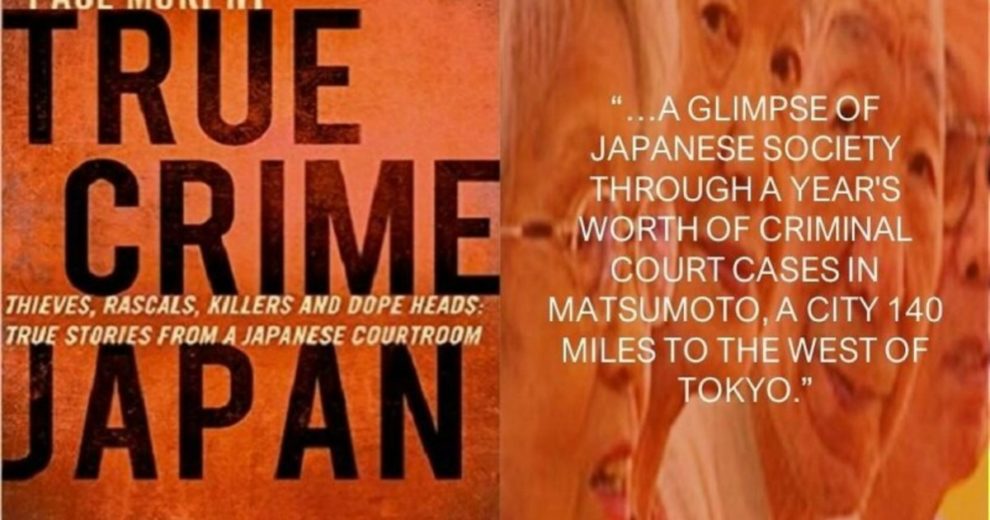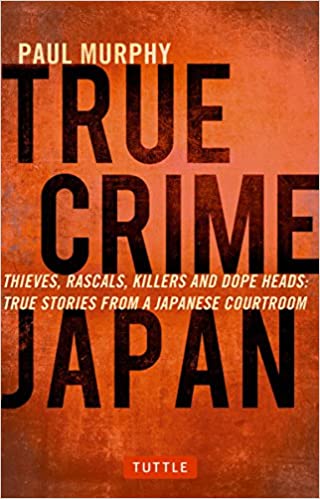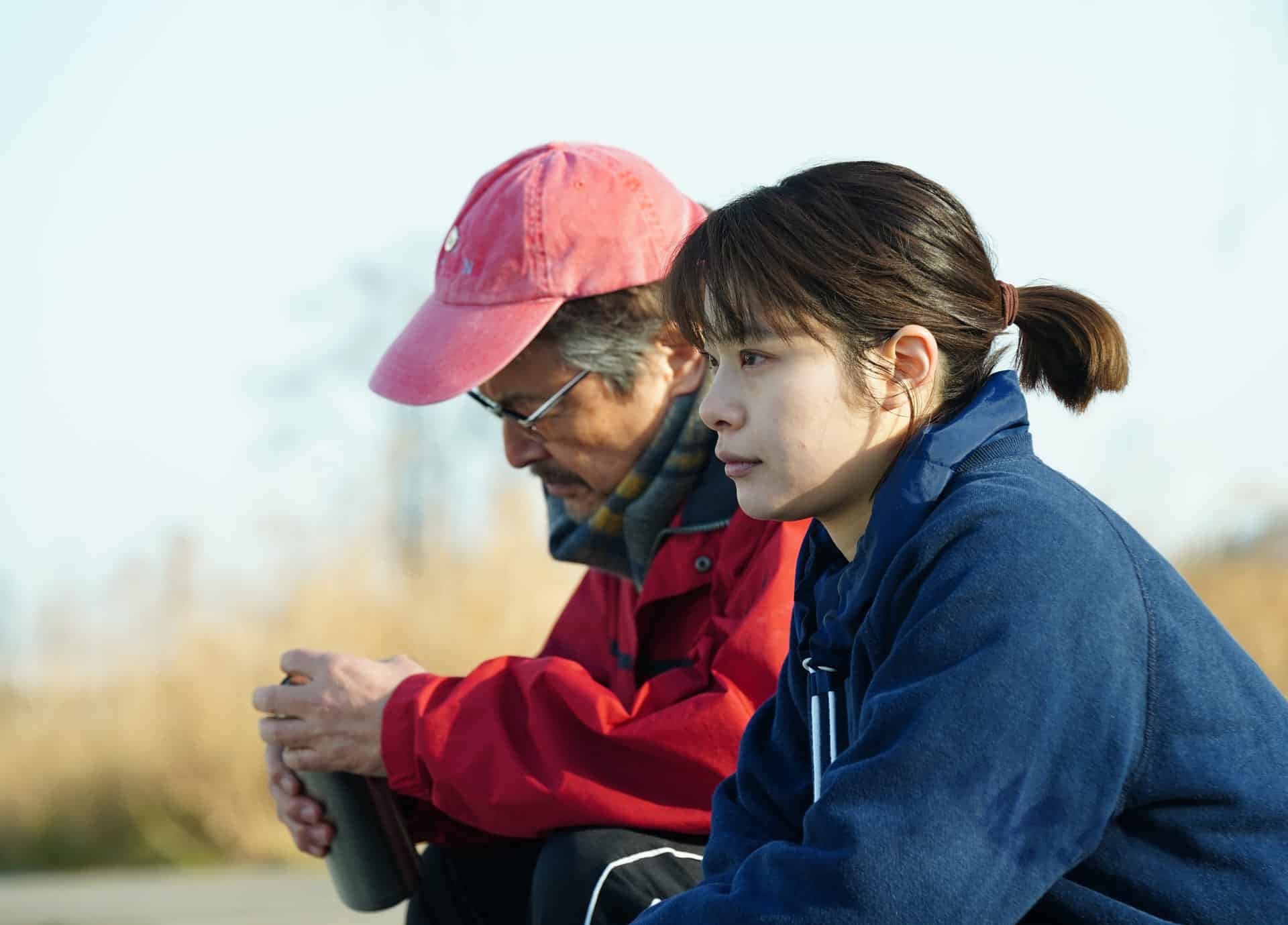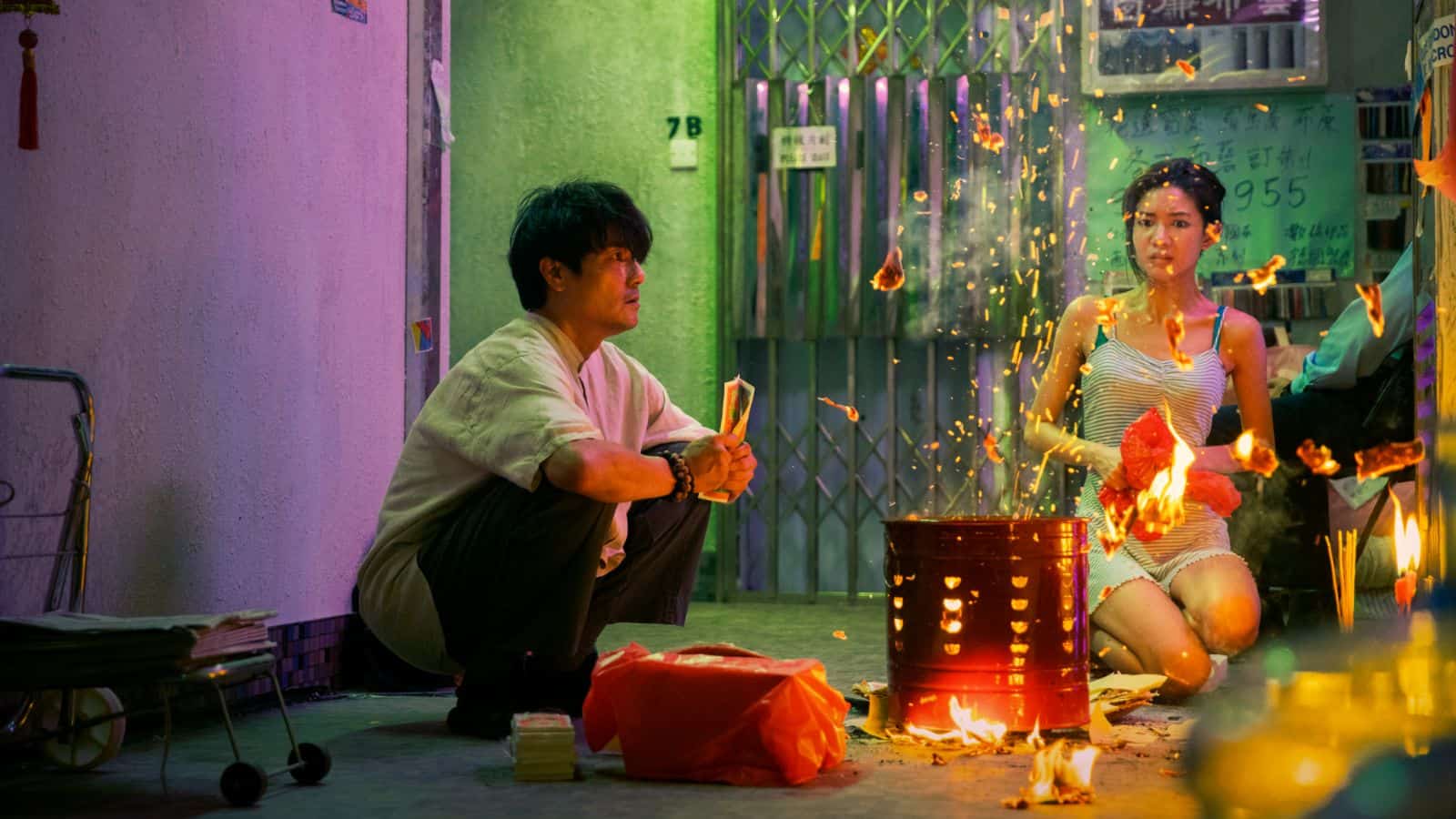In the shadow of another great book about crime in Japan, Jake Adelstein's “Tokyo Vice” getting a TV adaptation, it is also interesting to check on another title that deals with the same subject, although from a completely different perspective, as the journalist and long time Japan resident Paul Murphy spent a year in the courts of Matsumoto City, following a series of trials.
Buy This Title
on Amazon by clicking on the image below
The book follows a particular form for each chapter, with each one starting with a trial, and Murphy shedding as much light on the background of the case as possible, before he uses the case as an “excuse” to comment on more general aspects of Japanese society. The chapters end either with the announcement of the punishment or with interviews with the people involved, in case the author managed to have a discussion with them.
In that fashion, the book also refers to the high number of securities Japanese pay, from their children's tuition to their care in case they become senile, the way the Yakuza works nowadays, the concept of suicide, the intense issue with train groping that has even led to the creation of clubs that indulge such “perversions”, drugs and matricides, among others. In one of the most interesting and lengthiest chapters of the book, Murphy deals with the concept of elderly crime, with analyses of the ways it occurs, the reasons behind it and the consequences of incarceration for individuals of such age being quite shocking.
All the aforementioned also lead to a rather thorough examination of the ‘Japanese character' and overall mentality, with Murphy shedding much light on the way the locals of various generations perceive life in Japan, and the ways they react to it, essentially showcasing the reasons people are led to crime. At the same time, the reasons why crime rate is so low and why it is considered one of the safest countries to be in, are also highlighted, with Murphy exemplifying the way the state works as much as how it benefits from the overall mentality of its citizens. This however, does not mean that he does not point to the issues that arise, both in courts and outside of them, with the prison system and the confession methods in particular, getting their fair share of critique in the last chapters.
This overall approach benefits the readability of the book significantly, because the trials themselves tend to be boring, particularly since the percentage of conviction in Japanese courts is more than 99%, and the outcome is known from the beginning. On the other hand, the way trials occur in the country is rather interesting to read about, since, due to the aforementioned fact, both the defense lawyers and the defendants try to apologize and atone as much as possible in front of the judges, in order to receive a lighter sentence, since the chances of acquittal are close to zero. That this atonement also includes paying severance to the victims before the trial, and even occasionally for the defendant to reveal even more crimes than the ones they are in trial for, emerges as a rather surprising element, particularly for the Western reader. Furthermore, that the judges follow an interrogational approach in their examining of the defendant, occasionally even asking quite personal questions, is also staggering to read about.
The juxtaposition of all these elements, along with the completely different last chapters, allow the book to be quite easy and entertaining to read, also because Murphy's language is that of the reporter, stripped off from unnecessary literary elements. Adding to these that “True Crime Japan” sheds light to a number of concepts that are very rarely presented to Western readers nowadays, makes the book a true must-read also as a “manual” for the reasons behind the way Japanese people conduct themselves.

















